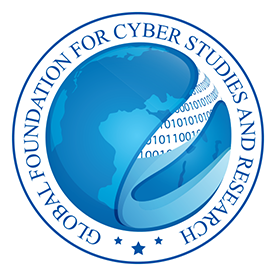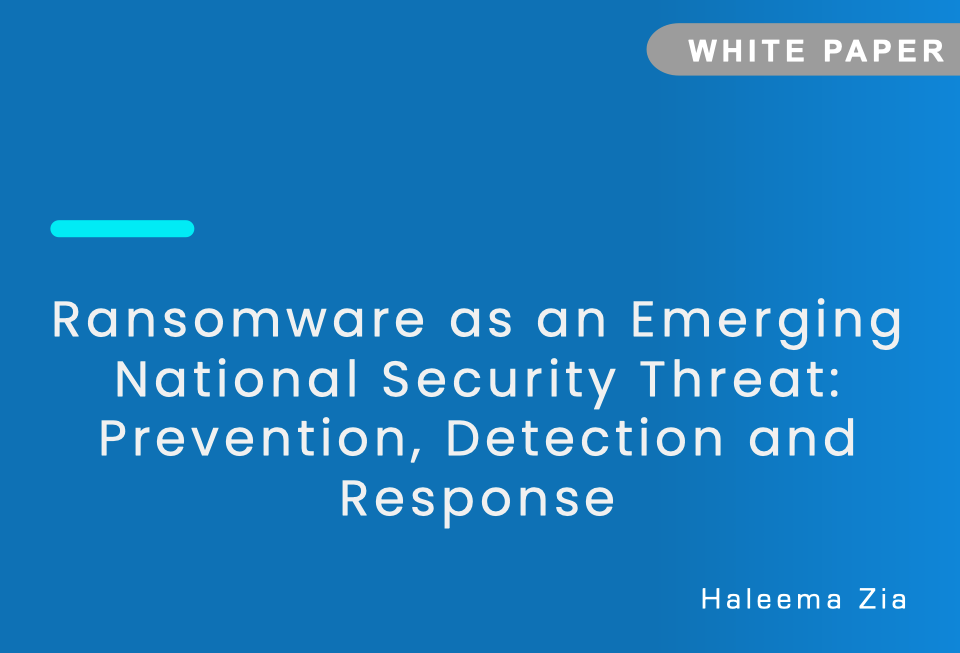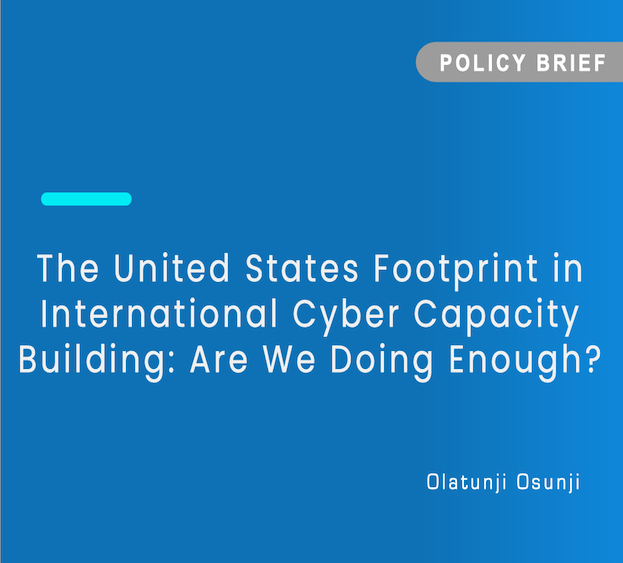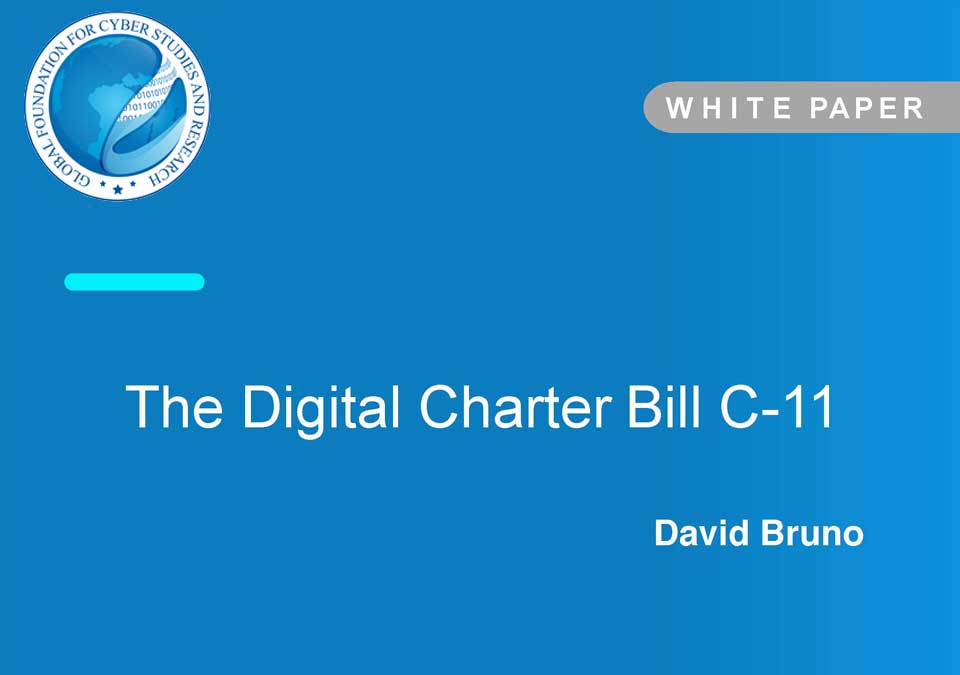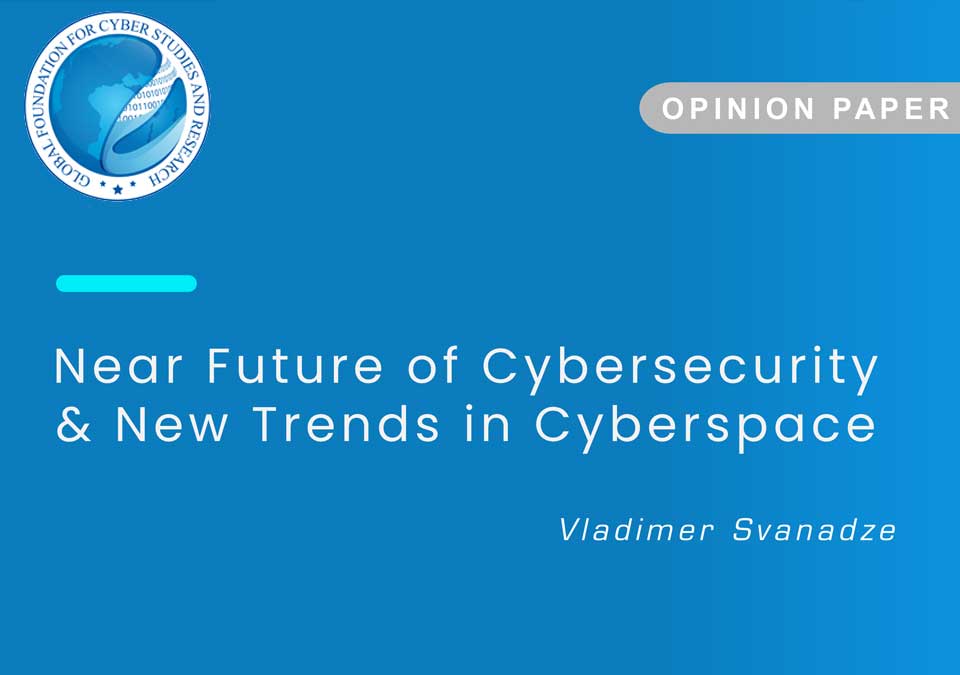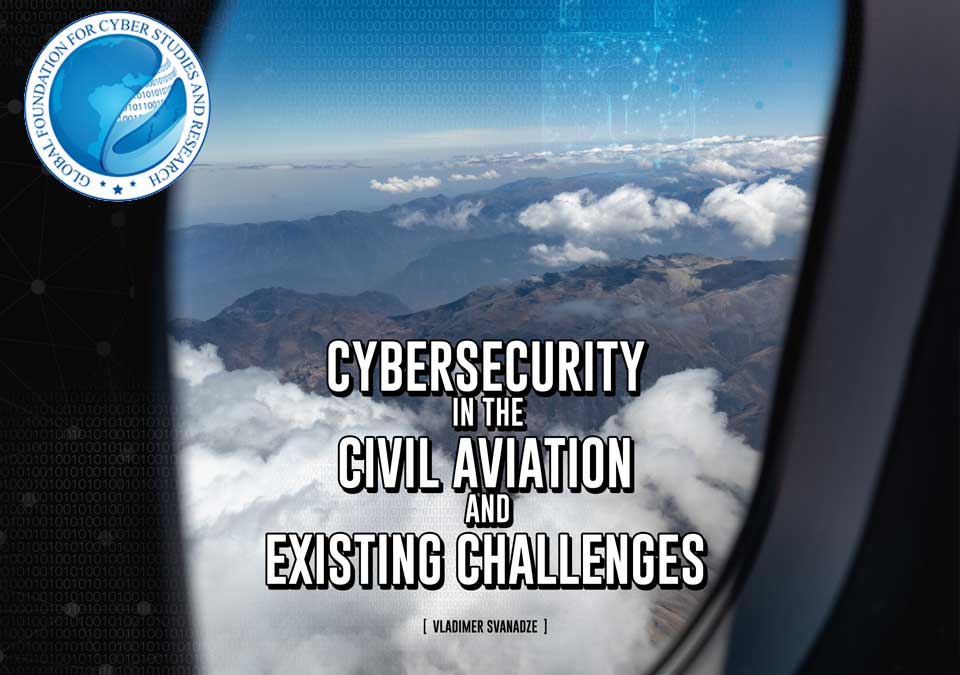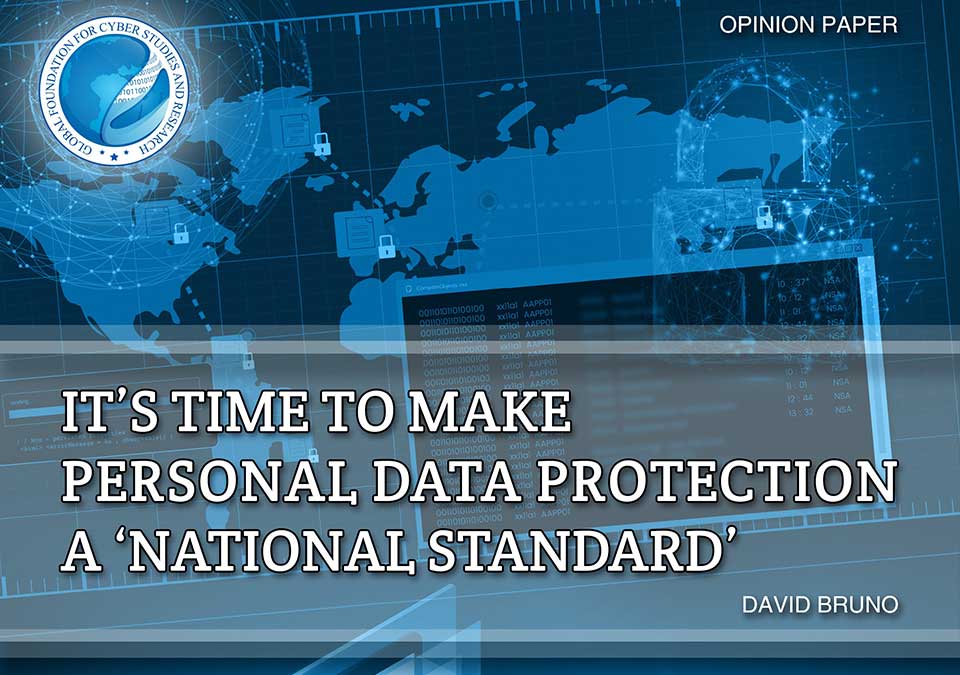Cyber Capacity and Capability Building
1,862 Views
January 19, 2022
Ransomware is a kind of malware that makes files or data on a victim’s computer or other device inaccessible and then demands ransom in the form of online payment, gift vouchers, or cryptocurrency to restore accessibility or functionality of the system. Ransomware is a digital form of extortion and is tantamount to criminal practice of illegally obtaining money or its equivalence from individuals or organizations. Cyber-crime has drastically increased in the recent years due to rapid transformations in communication modes, advanced applications, and operating systems. Hackers, criminal groups, underground gangs, and terrorist networks are carrying out ransomware attacks in an organized way. Many ransomware services have also been introduced for such groups with malicious intent to provide them ease in carrying out ransomware activities and launching attacks. Ransomware attacks are widely spreading because of the advanced technologies and strategies and also due to the lack of awareness of internet users. The previous studies on ransomware are conducted in the context of computer sciences and security and public policy perspective has been largely ignored. This paper highlights ransomware attacks and its impacts on national security issues and society. It is focused on finding a way out to detect and prevent ransomware attacks. The perpetrators behind ransomware have done extreme damage to critical infrastructures and are collecting billions of dollars from the victims worldwide. Ransomware has deeply impacted the sensitive data and systems and has challenged the national security organizations and agencies. It is deeply affecting society, industries, government, corporate sector, law enforcement agencies and individuals including general public. Therefore, it is important to conduct in-depth research and set up strategic defense for fighting against ransomware.
December 17, 2021
Over the years, the United States government has steadily increased its efforts to contribute towards open, interoperable, secure, and reliable cyberspace through international cybersecurity capacity building. This is further demonstrated through active membership and participation in international cyber groups, like the United Nations Group of Governmental Expert, the Open-Ended Working Group, and the Global Forum on Cyber Expertise. These efforts echoed in an International Telecommunication Union report which recognized the US as the nation with the highest commitment to cybersecurity. However, there are issues centered around internal coordination, funding, and role conflict among US government agencies. Using the Global Forum on Cyber Expertise’s database and existing literature on International Cybersecurity capacity building, this report presents an exploratory analysis to support the existence of these issues, identify new gaps, and recommend that the United States' Department of States restructure its international cybersecurity building program around an established framework, take up the responsibility of coordinator on all international cybersecurity building initiatives involving United States stakeholders and engage academia in more empirical studies within cybersecurity capacity building. In line with this, Congress should amend the Foreign Assistance Act of 1961 to allow for more and better funding mechanisms through streamlining cybersecurity into every development assistance project.
May 17, 2021
Artificial intelligence (AI) has become a hallmark technology in tackling epidemics and pandemics and COVID-19 is one of the most perilous amongst them. This paper provides an argument on how AI has been used to tackle COVID-19 since its outbreak in late 2020.
February 16, 2021
Across the world, mega corporations and tech leaders have assumed control of a growing treasure trove of personal data. Recent surveys suggest citizens are both aware and concerned by this, however data protection rules in North America have fallen behind the rest of the world. The newly introduced Bill C-11 (Digital Charter Implementation Act, 2020) could finally address these concerns and offer better protections for Canadian internet users and become a beacon for the rest of the world.
December 8, 2020
This opinion paper provides an directions and future trends of global cybersecurity that will develop in 2021. It gives insight how the cybersecurity landscape will evolve and how rapidly growing technologies are promoting to increase the number of cyber-criminals and further sophistication of the methods of committing cybercrimes.
October 7, 2020
This opinion paper highlights challenges in monitoring, analyzing and securing critical infrastructure of the aviation sector. In the paper suggested that it is crucial to ensure cybersecurity for the civil aviation. All stakeholders, in particular, public and private sectors as wells as the representatives of academia should be involved in the process of protecting critical infrastructure.
July 13, 2020
This opinion paper discusses critical pieces of personal information can be mis-used resulting in theft of one’s identity and in turn used for legally questionable purposes. Despite the risk, technological organizations and social media platforms treat personal data irresponsibly, and reports indicate sharing of personal information with third parties and storing it on online public forums where, it is nearly impossible to expunge.
July 2, 2020
This commentary discuss how post COVID-19 will be vital for all countries and especially for the post-soviet and Eastern European countries to review their approaches related to cybersecurity strategies and political frontier. The recommendations are outlined for a systemic revamping of existing confided cybersecurity approach.
